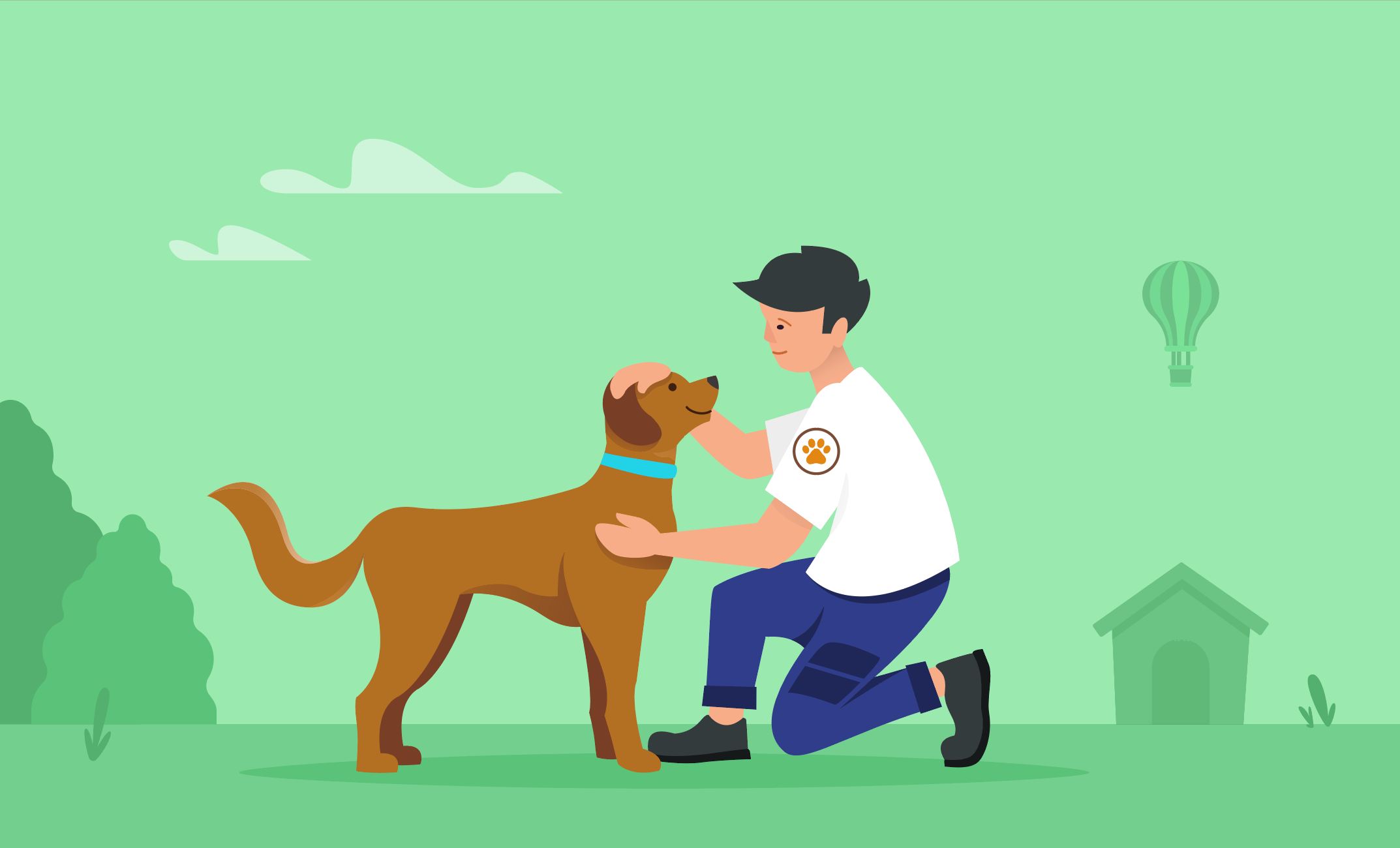An Animal Control unit or humane animal service is an independent entity charged with taking care of requests for assistance with unruly animals ranging from strays, wild animals, domestic animals in need of assistance, or even exotic animals in crisis. While there are many different animal control agencies and services available to the public, only a few of them truly specialize in taking care of exotic pets. If you are faced with the dilemma of whether or not to make use of an animal control agency, it would be best to understand what exactly these establishments do to ensure that your pet will be safe and secure.
There are two types of animal control officers. One type of officer works within the confines of the County and is usually stationed at the local animal control facility. These individuals are employed by the county and are charged with taking care of stray and abandoned animals. The second type of officer works for a private company or other private organization, and is stationed on the property of a large chain of hotels, zoos, research facilities, private boarding schools, and more. In this capacity, he or she is responsible for taking care of outdoor cats and dogs.
Often times, when an animal control officer asks an owner to leave a room and the owners refuse, the officer may ask them to remain quiet and leave. The reason an individual is asked to remain silent is so the person can ask several questions to the owner while the officer is talking with them. Some of the most common questions an officer will ask would include the cat’s name, where they last lived, if they are moving into a new home, if they have medical conditions, if they are known to be aggressive, and how many cats or dogs they currently have. By answering these questions truthfully, the owner can avoid being charged with a crime.
In addition to staying quiet during questioning, owners of stray cats and dogs should also not feed them. This goes hand-in-hand with not talking to police officers. Stray animals are often found walking loose, often because they were abandoned or lost. A number of local authorities, including animal control agencies, cannot guarantee that food sources for stray animals exist. Therefore, feeding stray animals directly out of a cat or dog’s food bowl is illegal.
Once an animal control officer has established that it is a legal nuisance, he or she will apply a warrant to search the premises. If the warrant is obtained, animals will be removed from the property. If no charges are filed after the warrant has been carried out, then the owner will be able to retrieve their pets within twenty-four hours. If charges are filed after the warrant has been carried out, then the animals will be removed on the day that the charges are set forth in the court. It is up to the owner to find out whether their animal is legally contained at the time that the warrant is carried out.
Many communities have special animal control units that include officers who have a legal mandate to make warrants. These officers serve at the pleasure of the law enforcement authority in the community. They are called in by members of the community or by law enforcement officers when there is a report of neglect or illegal activity. The warrant that is carried out is actually a criminal offense, which is punishable by imprisonment. If the owner of an animal neglects the pet, then a warrant may be carried out by one of these officers.
